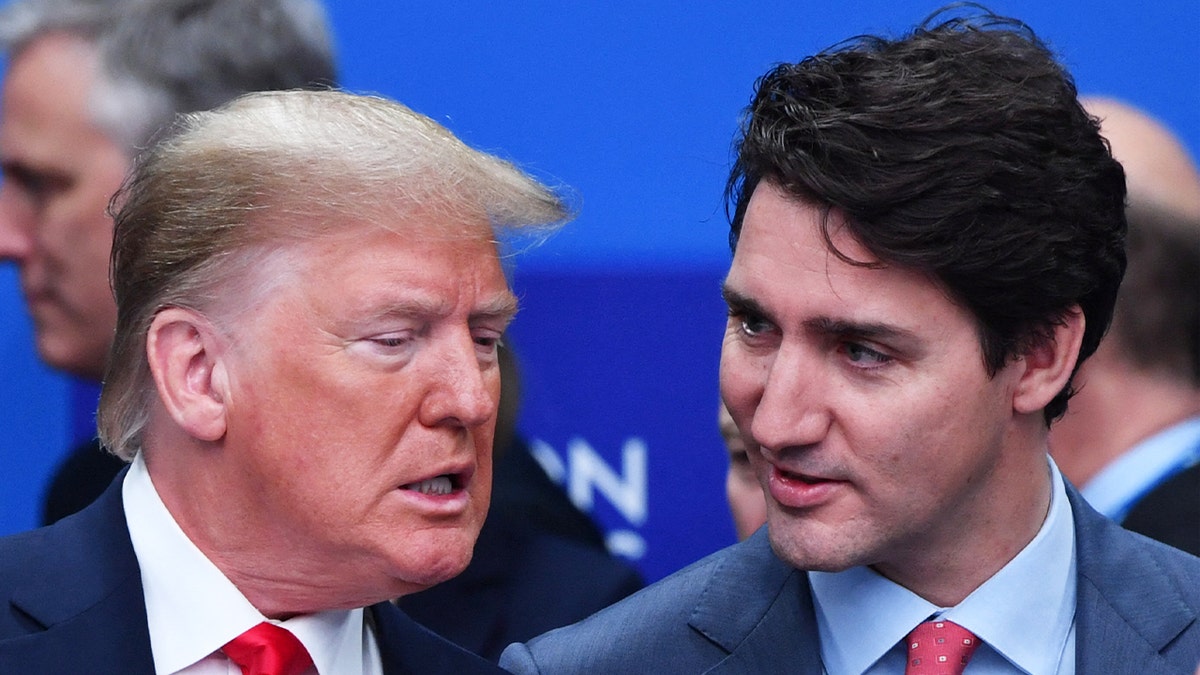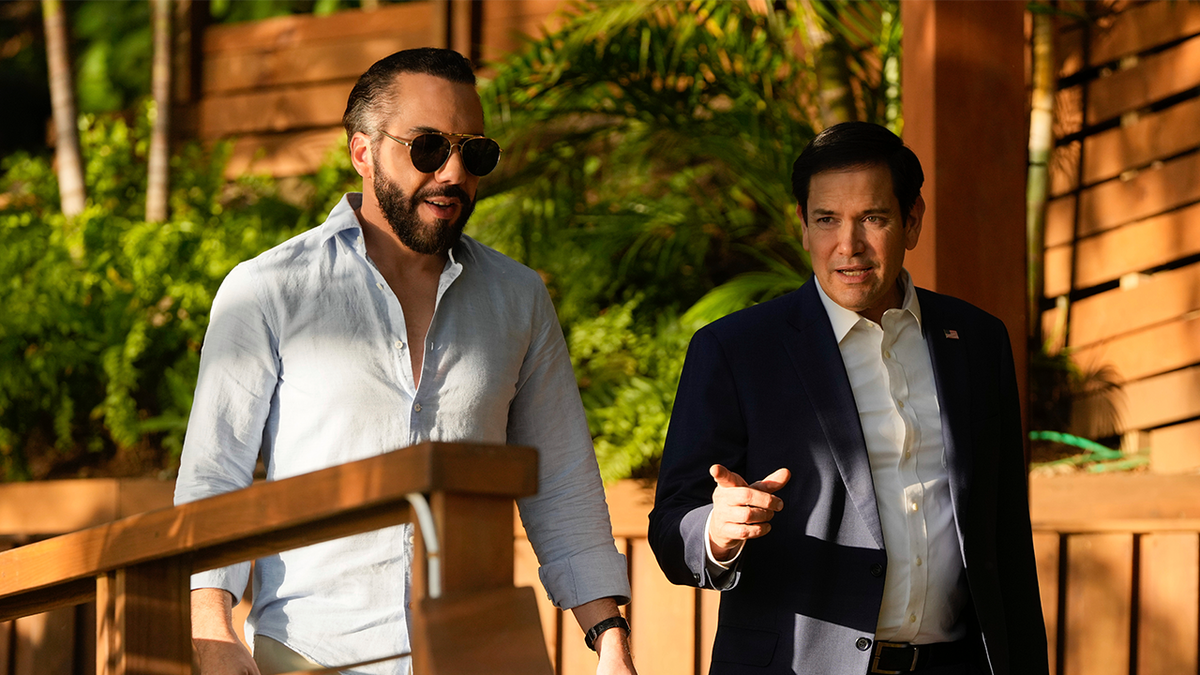Former President Trump's recent push for enhanced border security has seen significant success, with several countries agreeing to new measures following a combination of diplomatic efforts and tariff pressures.
Canada, under Prime Minister Justin Trudeau, unveiled a $1.3 billion border plan, including the appointment of a "fentanyl czar," new helicopters and technology, and improved collaboration with U.S. authorities. Trudeau outlined further commitments, including listing cartels as terrorist organizations, bolstering border surveillance, and establishing a joint task force with the U.S. to tackle organized crime, fentanyl trafficking, and money laundering, backed by a $200 million investment. These actions averted the imposition of 25% tariffs on Canadian goods entering the U.S.

Mexico also responded to the tariff threat by deploying 10,000 troops to the U.S. border, aiming to curb the flow of fentanyl and undocumented migrants.
Colombia, initially resistant to accepting deported nationals, reversed its stance after Trump threatened 25% tariffs on Colombian goods, travel restrictions on government officials, and other financial penalties. Deportation flights resumed shortly after.

Venezuela, too, agreed to accept deported nationals following discussions between a Trump envoy and Venezuelan President Nicolás Maduro.
Furthermore, El Salvador's President Nayib Bukele, after meeting with Secretary of State Marco Rubio, proposed a novel "safe third country" agreement, offering to house convicted criminals, including U.S. citizens, in El Salvador's mega-prison for a fee. Bukele also pledged to accept deported Salvadoran MS-13 gang members and other criminal illegal aliens, particularly those linked to Venezuela's Tren de Aragua gang.
These developments highlight the effectiveness of Trump's assertive approach in securing international cooperation on border security.
Reporting contributions from Landon Mion, Anders Hagstrom, and Louis Casiano.
Comments(0)
Top Comments